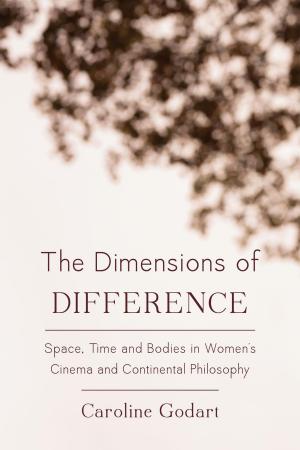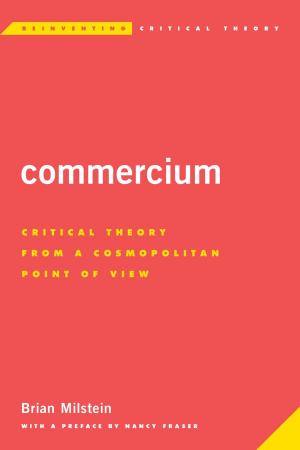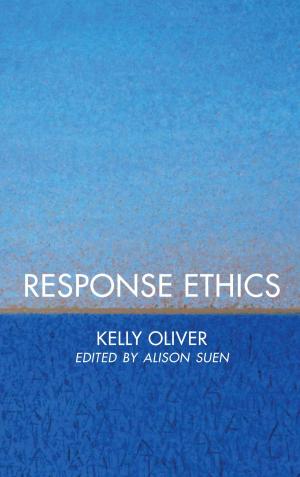Destroy and Liberate
Political Action on the Basis of Hume
Nonfiction, Religion & Spirituality, Philosophy, Political, Social & Cultural Studies, Political Science, Politics, History & Theory| Author: | Oliver Feltham | ISBN: | 9781783481620 |
| Publisher: | Rowman & Littlefield International | Publication: | June 4, 2019 |
| Imprint: | Rowman & Littlefield International | Language: | English |
| Author: | Oliver Feltham |
| ISBN: | 9781783481620 |
| Publisher: | Rowman & Littlefield International |
| Publication: | June 4, 2019 |
| Imprint: | Rowman & Littlefield International |
| Language: | English |
In David Hume’s science of human nature each and every self is located by passions that bind it to groups, repel it from other groups, and rank it on a hierarchy: we call this discovery a ‘topology of passions’. These ranked selves and groups provide the matter of what he called ‘government’, a neutral model of political action designed to avoid the malady of faction and catapult Scotland out of feudalism into a glorious future as a commercial society. Government is to be assisted in this project by the new discipline of political economy, a discipline blind beyond its measures of privileged variables – the volume of trade, interest rates, wage levels. It is such measures that will justify the destruction of any obstacle to the commercial passions. To govern – a new kind of action for a new epoch – is to destroy and liberate. But ever since Hume governments have fallen apart because they fail to take into account the complexity of their societies as topologies of passions. It is through an analysis of Hume’s account of the English Revolution in his History of England that we find an alternative to government: in his report on the impact and danger of another model of political action – democratic enthusiasm – wherein to act is to incarnate an idea of commonality. It is also in Hume’s History that we discover the springs and workings of fortune in politics: models of political action woven together and unravelling only to be re-woven, any ‘ought’ or ‘necessity’ foundering in a sea of contingency. The efficacy of politics is revealed: speech acts sown together with other speech acts as they shape our experience of time.
In David Hume’s science of human nature each and every self is located by passions that bind it to groups, repel it from other groups, and rank it on a hierarchy: we call this discovery a ‘topology of passions’. These ranked selves and groups provide the matter of what he called ‘government’, a neutral model of political action designed to avoid the malady of faction and catapult Scotland out of feudalism into a glorious future as a commercial society. Government is to be assisted in this project by the new discipline of political economy, a discipline blind beyond its measures of privileged variables – the volume of trade, interest rates, wage levels. It is such measures that will justify the destruction of any obstacle to the commercial passions. To govern – a new kind of action for a new epoch – is to destroy and liberate. But ever since Hume governments have fallen apart because they fail to take into account the complexity of their societies as topologies of passions. It is through an analysis of Hume’s account of the English Revolution in his History of England that we find an alternative to government: in his report on the impact and danger of another model of political action – democratic enthusiasm – wherein to act is to incarnate an idea of commonality. It is also in Hume’s History that we discover the springs and workings of fortune in politics: models of political action woven together and unravelling only to be re-woven, any ‘ought’ or ‘necessity’ foundering in a sea of contingency. The efficacy of politics is revealed: speech acts sown together with other speech acts as they shape our experience of time.















